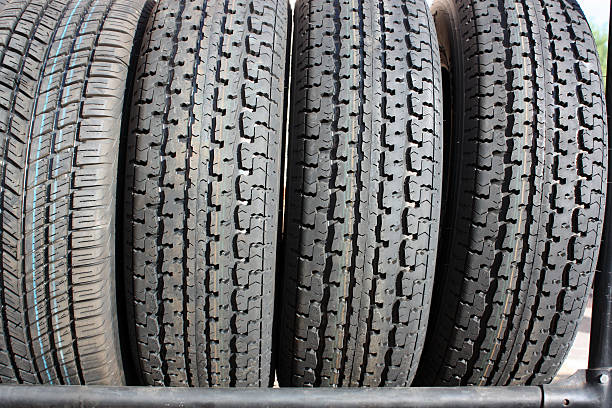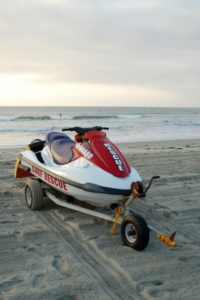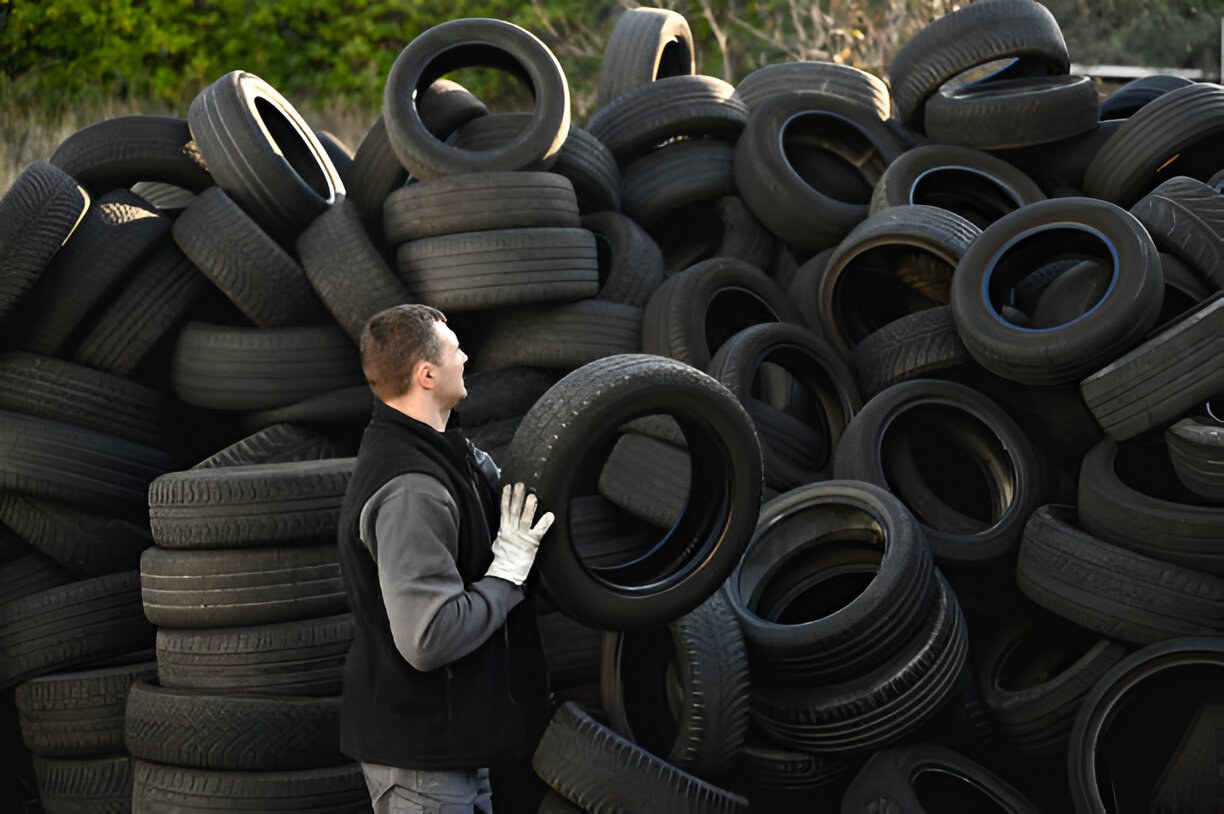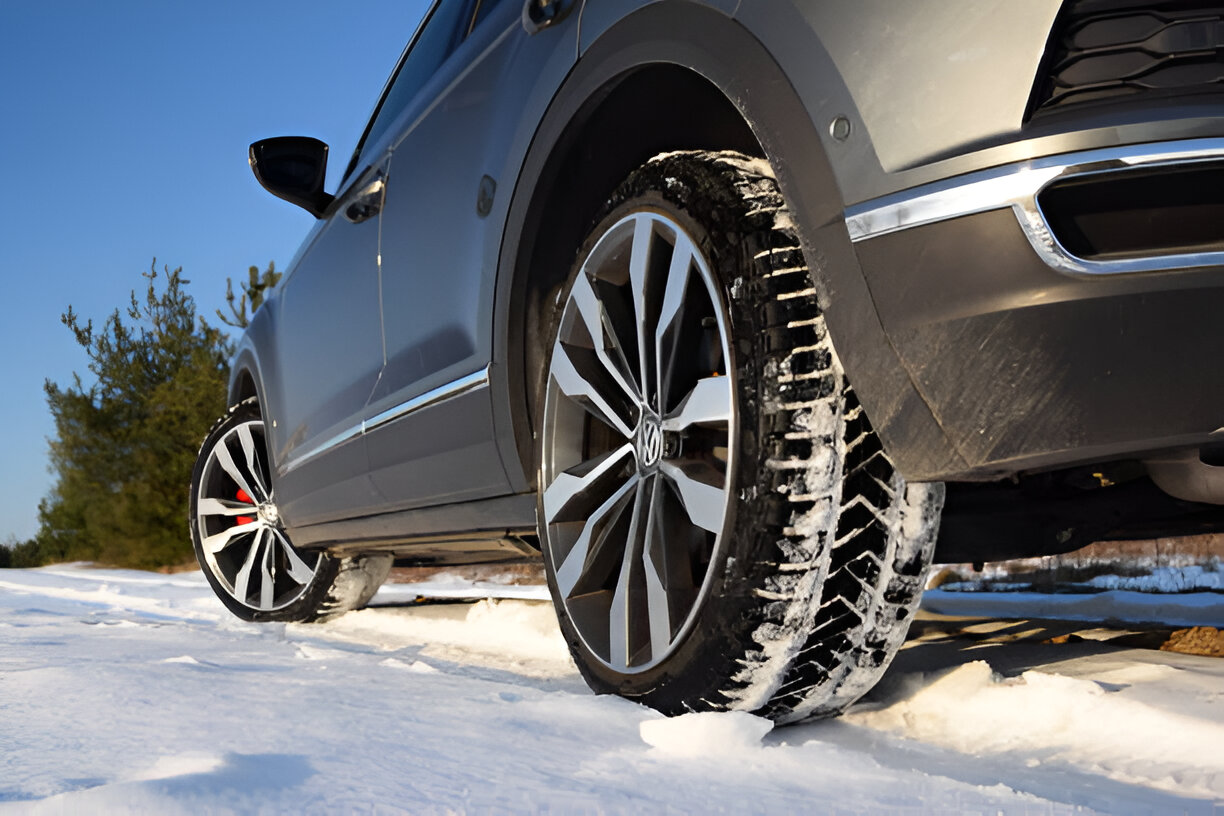Last Updated on August 24, 2024
Maximizing Trailer Tire Lifespan: A Comprehensive Guide
The vast majority of household trailers spend their time just sitting and waiting. They are likely to be untended in the driveway all week, waiting for the weekend, the following weekend, or the summer, or they are biding their time at your destination until you return with your boat or your motorcycles or whatever you hauled there. Trailers spend so much time without moving that trailer tires deteriorate and become unusable long before their tread is worn out.
For that reason, to maximize the lifespan of your trailer tires, it is essential to focus on how to care for them when they are not in use:
Maximizing Tire Lifespan
Your trailer tires play a crucial role in your trailer’s performance and safety. Maintaining and maximizing the lifespan of your trailer tires ensures smoother journeys and saves you money in the long run. This comprehensive guide will explore tips and practices to help you get the most out of your trailer tires.
Understanding the Factors at Play
Several factors influence the lifespan of your trailer tires:
- Usage Patterns: Consider how often and under what conditions you use your trailer. Frequent long-distance hauling may wear out tires more quickly than occasional local trips.
- Load Capacity: Overloading your trailer can lead to premature tire wear and potential blowouts. Always adhere to load capacity guidelines.
- Proper Inflation: Maintaining the correct tire pressure is critical. Underinflated tires generate excess heat, leading to internal structural damage.
- Maintenance: Regular tire inspections, rotations, and alignments can identify issues early and extend tire life.
Practical Tips for Longevity
Now, let’s explore actionable steps to maximize your trailer tire lifespan.

1. Monitor Tire Pressure
Before each trip, check your trailer tire’s air pressure using a reliable gauge. Ensure it matches the manufacturer’s recommendations. Underinflated tires are more prone to damage.
2. Load Management
Never exceed the trailer’s load capacity, and distribute weight evenly. Proper load management prevents excessive strain on your tires.
3. Inspect and Rotate
Regularly inspect your tires for signs of wear, including uneven tread patterns or sidewall damage. Rotate your tires as recommended to promote even treadwear and extend their life.
4. Avoid Mixing Tires
Stick to either bias or radial tires for your trailer. Mixing tire types can lead to uneven wear and handling issues.
5. Clean and Protect
Keep your trailer tires clean by washing them with mild soap and water. Avoid tire-care products containing alcohol or petroleum distillates, which can cause premature aging.
6. Sun Protection
UV rays can deteriorate tire rubber over time. When parked, use UV-reflecting tire covers or plywood boards to shield your tires from the sun.
7. Catch Issues Early
Inspect your tires for cuts, snags, bulges, or punctures regularly. Address these issues promptly to prevent further damage.
By following these guidelines and staying proactive with tire maintenance, you can maximize the lifespan of your trailer tires, ensuring safer and more reliable travel.
Short-Term Storage Care
Tires on a trailer should also be appropriately inflated even when the trailer is in short-time storage or unused. Check your tire pressure regularly when your trailer is not used for a lengthy period. Do not overload your trailer when in storage.
Long-Term Storage Care
Tire and wheel sets should be removed from the trailer, underinflated, and stored in a cool, dark area for long-term storage.
Conclusion
In conclusion, handling your trailer tires ensures safe and smooth journeys. By following the tips and maintenance advice in this blog, you can maximize the lifespan of your trailer tires and avoid unexpected replacements. When it’s time to replace your trailer tires, visit Tires Easy for a wide selection of high-quality tires to keep you rolling confidently.
Ready to replace your tires? Please browse our selection at Tires Easy and get the best deals on trailer tires today! Your safety and peace of mind are just a click away.
In conclusion, prioritizing proper tire maintenance and adhering to load and usage guidelines are crucial to extending the lifespan of your trailer tires. With these practices in place, you can look forward to many trouble-free journeys.
FAQs
When should I replace my trailer tire?
Replacing your trailer tire depends on several factors, including their age, wear, and usage. As a general rule of thumb, consider replacing trailer tires every 3 to 5 years, even if they appear to have sufficient tread. Regularly inspect your tires for signs of wear, such as uneven tread or sidewall damage, and replace them if you notice any issues. Additionally, if your trailer tires have been exposed to harsh conditions or have reached their maximum load capacity, they should be replaced sooner.
Do trailer tires last longer than car tires?
Trailer and car tires have different usage patterns and requirements, affecting their lifespan. Trailer tires typically last longer than car tires because they endure less friction and heat generated during braking and cornering. However, the longevity of any tire depends on various factors, including maintenance, load capacity, and environmental conditions. Proper care and maintenance can significantly extend the lifespan of trailers and car tires.
Do trailer tires go bad from sitting?
Yes, trailer tires can deteriorate from sitting for extended periods. When trailer tires remain stationary for too long, they are more susceptible to developing flat spots, sidewall cracking, and dry rot. To prevent this, moving your trailer periodically, even if it’s not in active use, is essential. Additionally, storing your trailer on a hard surface or using tire supports can help mitigate the effects of prolonged sitting.
How long do 12-inch trailer tires last?
The lifespan of 12-inch trailer tires varies depending on usage, maintenance, and environmental conditions. On average, trailer tires of this size can last anywhere from 3 to 7 years. Regularly inspecting your tires for signs of wear, maintaining proper inflation, and avoiding overloading are essential to maximize their longevity.
-
Writer











